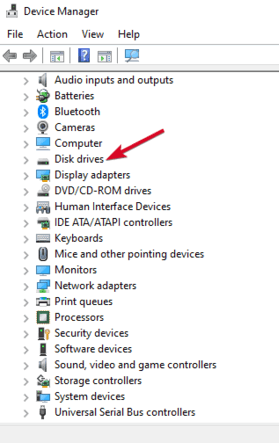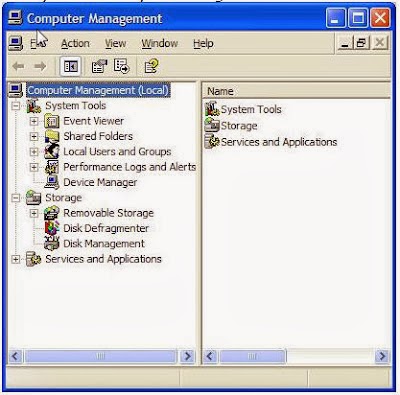

Press the F3 key to find the next registry key that includes VID_0781.ĥ. Once the search finishes, right-click the highlighted registry key and select delete.Ĥ. From the registry menu, click Edit and choose Find.ģ. Deleting registry keys other than keys that include VID_0781 MAY cause your computer to not boot properly.ġ. WARNING: DO NOT delete any registry key other than keys that include VID_0781.

STEP 2 - Remove SanDisk info from the registry Name the file SNDK.reg and save it to your desktop. From the registry menu, choose File > Export.Ĥ. Window 10 : Type regedit, in the 'Search the web and Windows' field (lower-right) and then select 'Regedit - Run Command'.ģ. Windows 7, 8 and Vista : Click the Start button, type regedit in the search box, and then press Enter. Windows XP: Go to Start > Run, type in regedit and then click OK. Removing the registry keys created on installation of your SanDisk product will allow the computer to fully reinstall the device and may resolve the issue. Please reference the following articles first before attempting the instructions in this article.Ĭruzer flash drive NOT detected by Windows PCĬruzer flash drive could not be detected due to drive letter conflictĬomputer cannot detect SDHC (4GB-32GB) memory cardĪ corrupt registry entry could cause your SanDisk product to not be detected by the computer. At the confirmation dialog, click the Erase button.Note: This article is advanced troubleshooting for a rare condition wherein a flash drive stops getting recognized on a Windows computer, but is still working on other computers.In the Volume Format: selection box, click MS-DOS File System.Click to select the USB Device in the left panel.To format a USB stick to FAT with Mac OS: Click the X in the top-right to close the My Computer window.Click the Close button to close the FORMAT device name (drive letter) window.


To format a USB stick to FAT with Windows OS, follow these instructions: Note: These steps may vary by operating system. WARNING: Formatting the USB device will delete all content on the device.įollow these steps to reformat the USB Device. In order to use the USB storage device for this update, it must be reformatted to the FAT12, FAT16, FAT32, or exFAT File System. How to Format the USB device to other file system Please see below on how to format USB storage device to other file system. Files larger than 4GB are only supported when using the exFAT file system. USB supported file systems are FAT12, FAT16, FAT32, and exFAT.


 0 kommentar(er)
0 kommentar(er)
